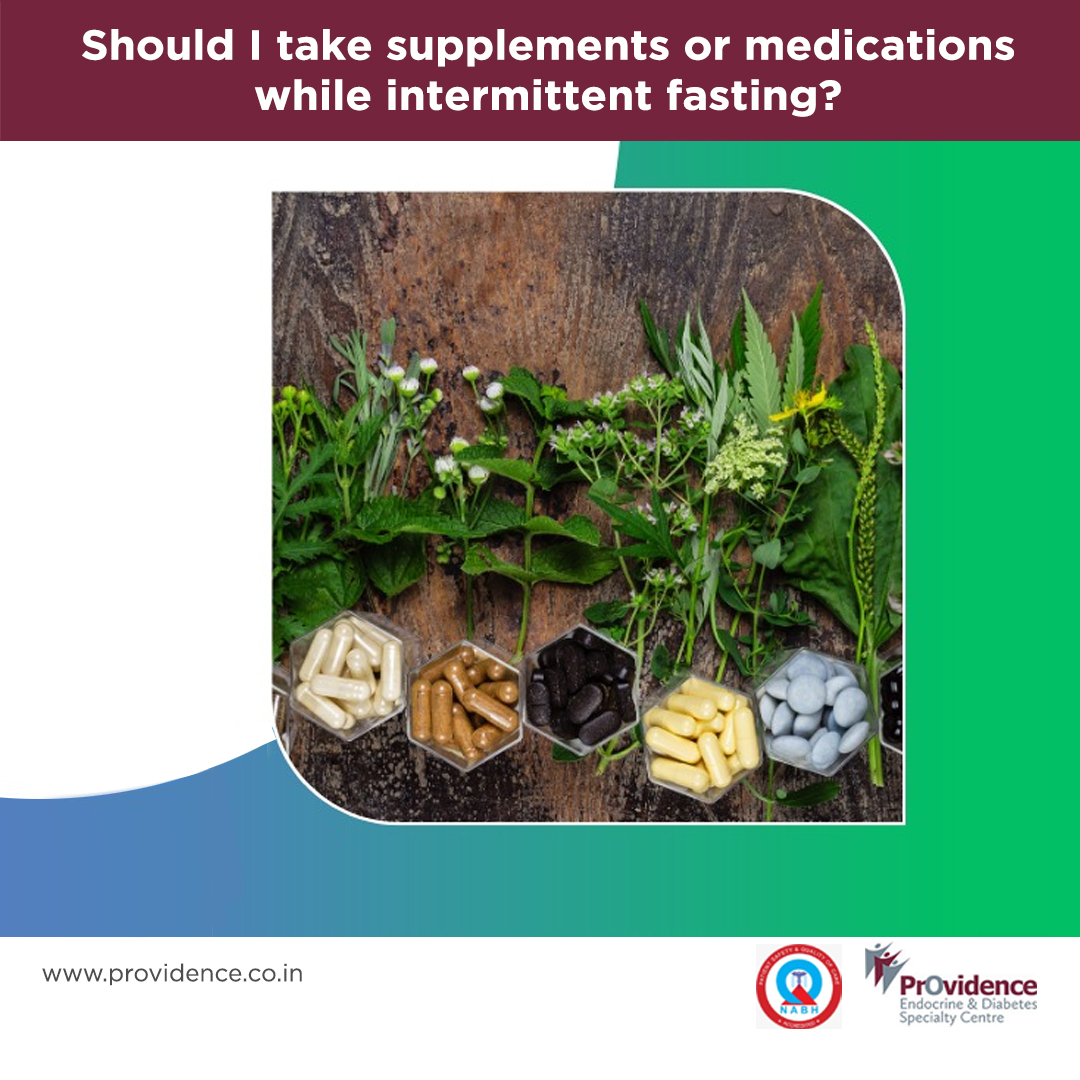During intermittent fasting, it is essential to monitor the food intake. People on IF have a reduced caloric intake compared to those on a regular diet. For most people on IF, regular food intake during the feeding interval will compensate for the nutritional requirements, including protein and vitamins. However, not everyone is the same.
People with obesity often have multiple nutritional deficiencies, such as Vitamin B12, Vitamin D, retinol, beta carotene, iron, and iodine. These deficiencies may worsen when these individuals go on a calorie-restricted diet or IF. Many vegetarians also go on IF. They are also bound to have Vitamin B12 deficiency, for which most sources are of animal origin.
Unfortunately, the research in this area is minimal in terms of concrete suggestions for people observing IF. The general tips are as follows.
1. Longer IF or calorie restriction duration may result in micronutrient or protein deficiency.
2. Certain food habits or avoidance of certain foods (e.g. dairy products) may result in deficiencies of specific micronutrients.
3. It is advisable to consult with a qualified dietician to see if the diet followed during IF/calorie restriction is adequate to meet nutritional requirements.
4. Consumption of a multivitamin tablet to meet the recommended dietary allowance of vitamins and minerals is recommended in most people on IF.
If you are already taking medicines, you should consult with your treating physician to see if you can continue them during IF.
Dr. Mathew John MD, DM



